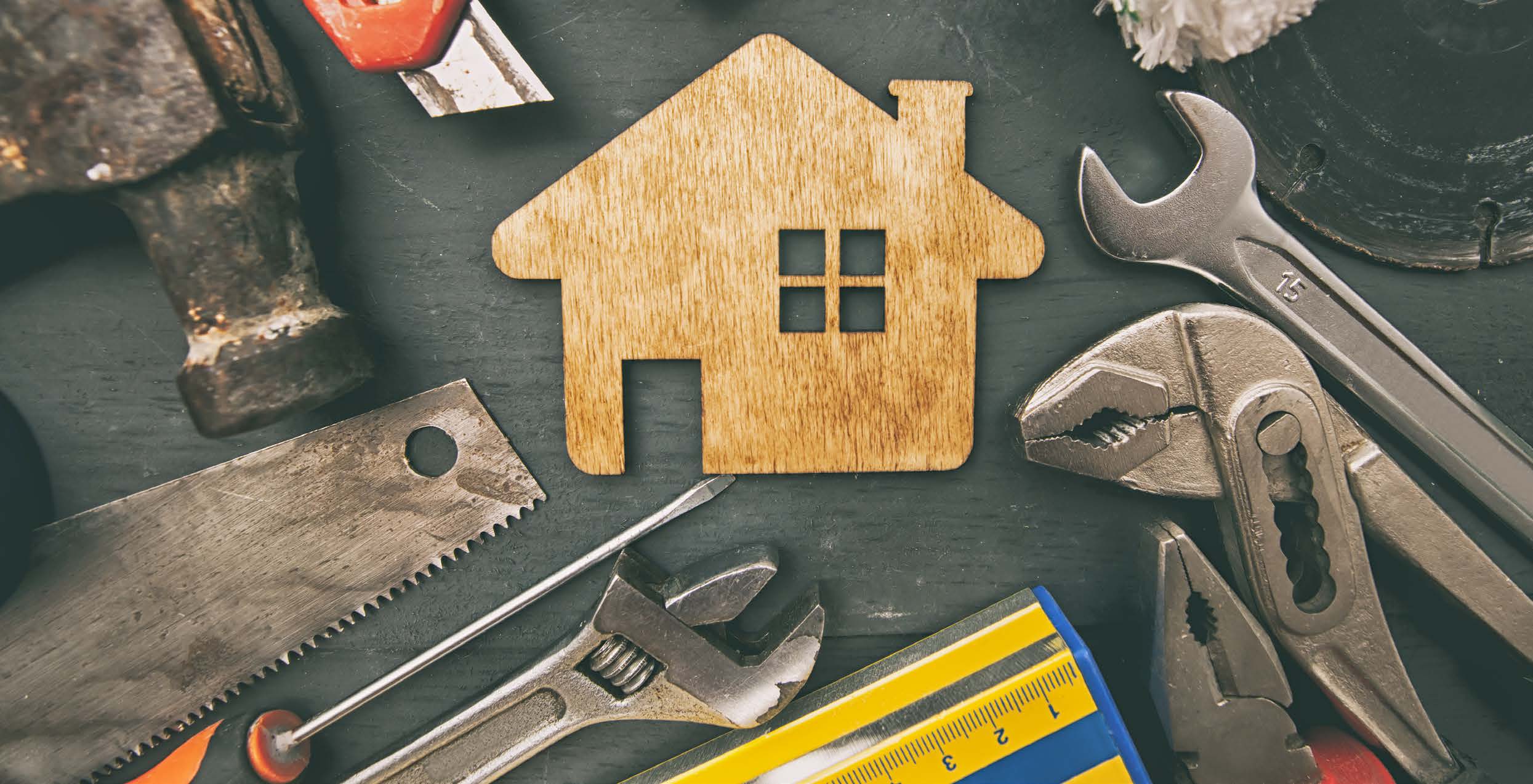
REPAIRS AND MAINTENANCE; WHO PAYS FOR WHAT?
When you’re renting and something goes wrong with the property, it’s hard to know if it’s up to you to cover the costs.
There are also general maintenance requirements like lawnmowing and window cleaning… who is responsible for footing the bill?
If you are a tenant, you need to know what’s your responsibility and what you can hand over to the landlord or property manager to take care of.
Tenant responsibilities
As a tenant, your primary responsibility is to keep the property in the condition that it was in when you moved in. Landlords expect you will keep the place clean and tidy. You are also expected not to cause damage to any fixtures, fittings or features.
If you break something, it’s more than likely you will be liable for the cost of repairs. However, most instances can be dealt with by common sense and communication. Smash a hole in a wall, and you will probably have to pay. Have a tap or door handle break in your hand as you turn it on and most landlords will cover the cost.
You are also responsible for general maintenance and cleaning. Unless it’s otherwise stated in your contract, you must handle jobs such as:
• Cleaning the windows and floors
• Mowing the lawn and maintaining the garden
• General cleaning, including toilets, tile grout and ovens
If you decide to pay someone to take care of these tasks, it is up to you to cover the expense.
Landlord responsibilities
You should expect your landlord to provide a reasonably clean property for you to live in and provide reasonable repairs and maintenance to keep the property liveable. If a window breaks and it’s not your fault, for example if a branch crashes through it during a storm, the landlord will have to cover the cost of fixing it.
You should contact your property manager or landlord immediately if you have an issue, preferably in writing and with pictures. If you report something in a timely way, it’s easier to decide who is responsible for taking care of it.
Your landlord is also responsible for the cost of things like fire alarm inspections, fresh paint and new carpet. If an appliance that came with the property breaks down (and it’s not your fault), the cost of repair or replacement is on them as well.
Urgent repairs
Urgent repairs apply to the following:
• Failure or breakdown of the gas, electricity or water supply
• Failure or breakdown of any essential service for hot water, cooking, heating, cooling or laundering
• Fault or damage that makes the premises unsafe or insecure
• Serious damage from a natural disaster
For urgent repairs, contact your property manager or landlord as soon as possible. You do have the option of hiring a contractor yourself if your landlord or property manager can not act swiftly enough.
However, try to get an agreement in writing about the fact that you will cover the cost and they will reimburse you, just to be sure.
If something does go wrong and you end up covering the expense to fix it, you will need to share a receipt and prove that:
• It wasn’t your fault
• You tried your best to contact your landlord/agent
• You gave your landlord/agent a chance to do the repairs first
• You used a repair person named in your tenancy agreement if possible or at least a licenced and qualified tradie
Mould
One issue that is often misunderstood is responsibility for mould. The rule of thumb is who was at fault. If the mould has developed because of faulty pipes or poor ventilation, it is the landlord’s problem in most cases. If the mould is there because of a lack of cleanliness, it will more likely be the tenant who foots the bill for mould removal.
Exit cleans
The rules for end of lease cleaning vary from state to state, so check your contract. As a rule of thumb, you’re expected to leave the property in the same condition you found it in. If you need to pay for a cleaner, the cost will be yours to take care of.
The property should be as clean when you left it as it was when you moved in. Having photos as evidence will be helpful if there is a disagreement.
The bottom line
The confusion over who pays for what when it comes to rental properties is part of why property managers exist. There are a number of different rules and they don’t all apply in every part of Australia.
When you lease a property through an agency, you’ll receive a clear contract which will outline which expenses you’re responsible for. Your property manager will also be across the latest legislation and will act as the go-between for you and your landlord if something needs to be fixed. This will minimise disputes and ensure you are always treated fairly.
Want to rent a home with the support of a professional property manager? Get in touch today.






